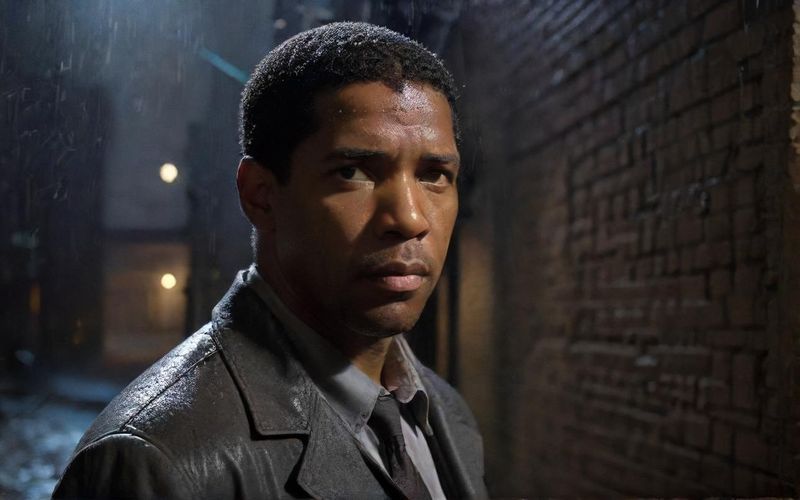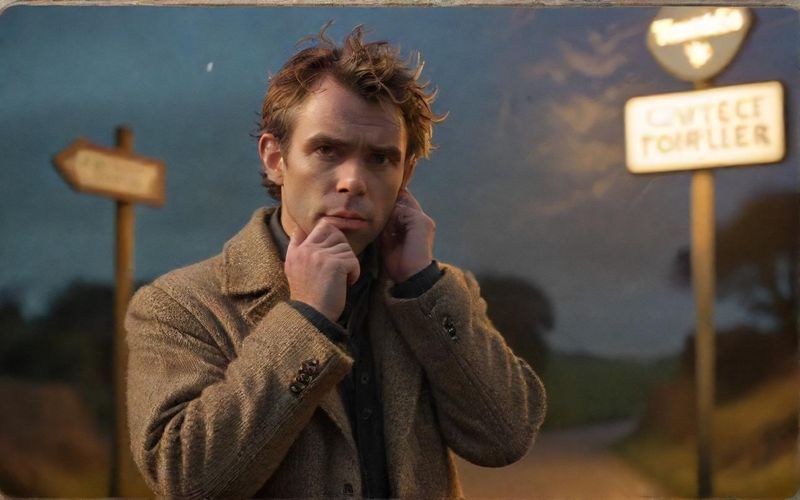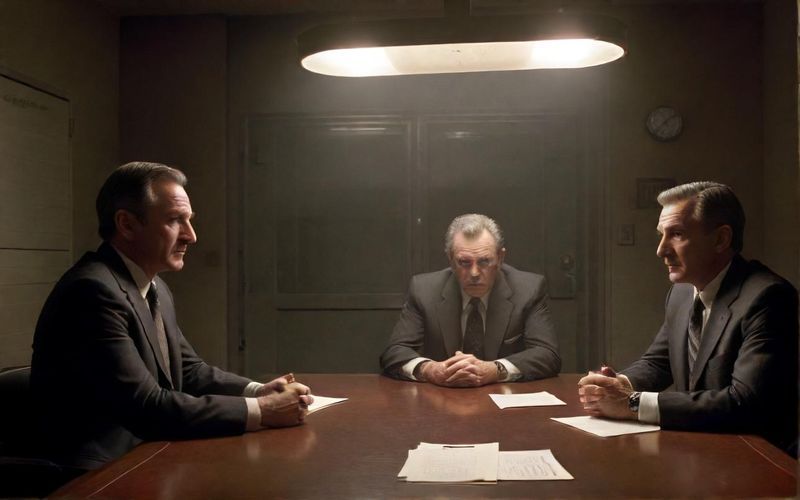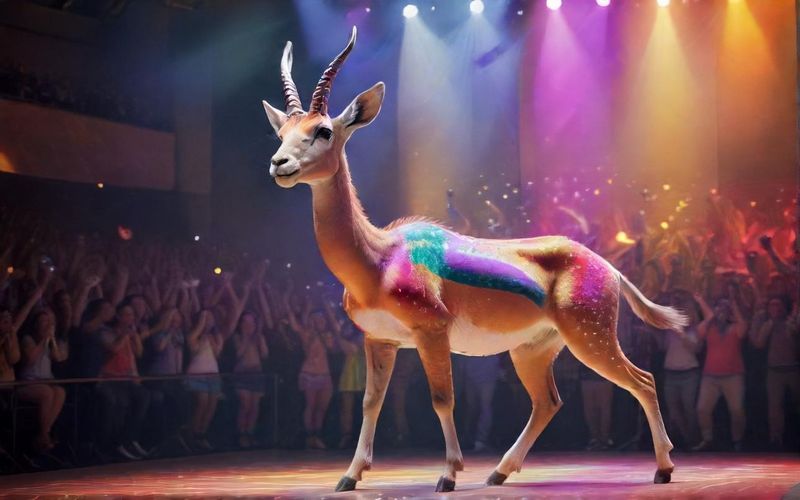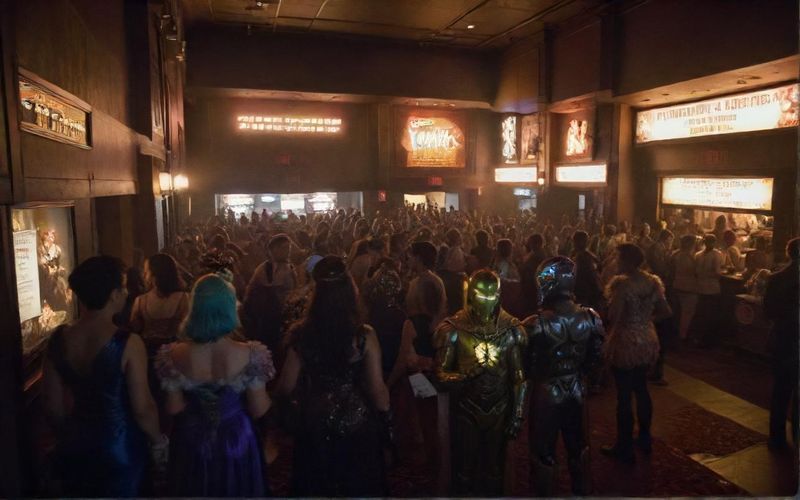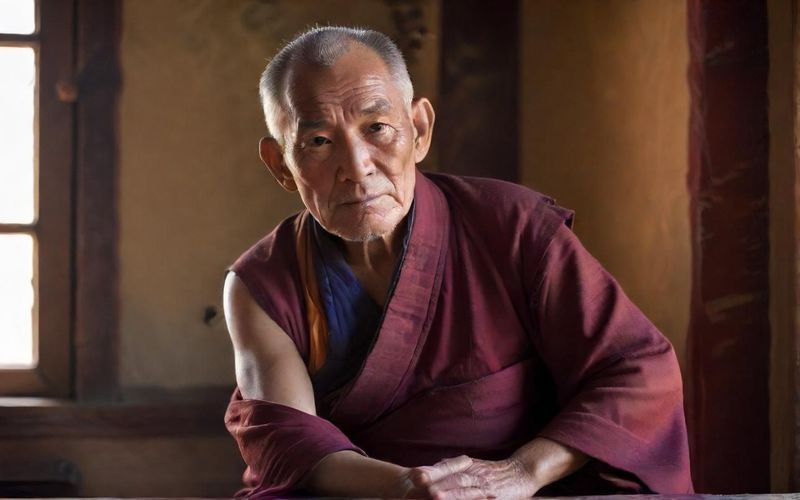Chernus' Gacy Series: Beyond the Clown Horror
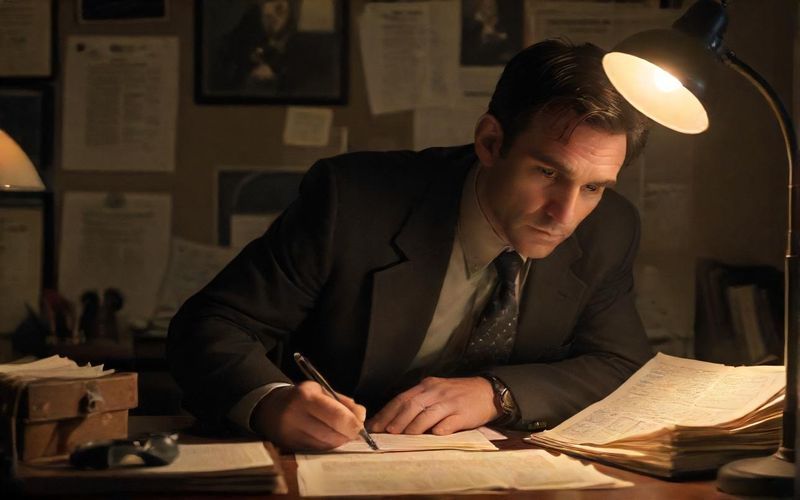
But what’s truly striking about Patrick Macmanus’s new Peacock series, Devil in Disguise: John Wayne Gacy, is its deliberate choice to step away from that familiar, almost expected, operatic horror. As reported by The Hollywood Reporter, the moment Gacy, played with an unsettling calm by Michael Chernus, finally puts on his clown makeup is, paradoxically, the *last* we see of that particular theatricality. It’s a bold move in a genre often saturated with shocking imagery. Instead, the series offers a stark, almost chilly portrayal, focusing far more on the psychological toll, the quiet despair of the victims’ families, and the painstaking work of the investigators.
This isn't to say the series shies away from the darkness. It unflinchingly examines the societal prejudices and systemic failures that allowed Gacy’s reign of terror to continue for so long. The Los Angeles Times points out how the show humanizes Gacy's victims, many of whom were marginalized groups, like male sex workers and runaways, whose disappearances were too often met with indifference by law enforcement. It’s in these moments, in the detailed procedural work and the glimpses into the lives shattered by Gacy’s actions, that the series finds its true emotional core. We see not just the killer, but the circumstances that made vulnerability so dangerous, and the quiet determination of people like Detective Rafael Tovar to bring a sliver of justice.
It makes you wonder, doesn't it? In a world constantly grappling with its own shadows, and with the trending topic of michael chernus bringing this chilling portrayal to our attention, what does it say about us when we gravitate towards these narratives? Are we seeking answers, a warning, or perhaps just a way to process the unthinkable?
